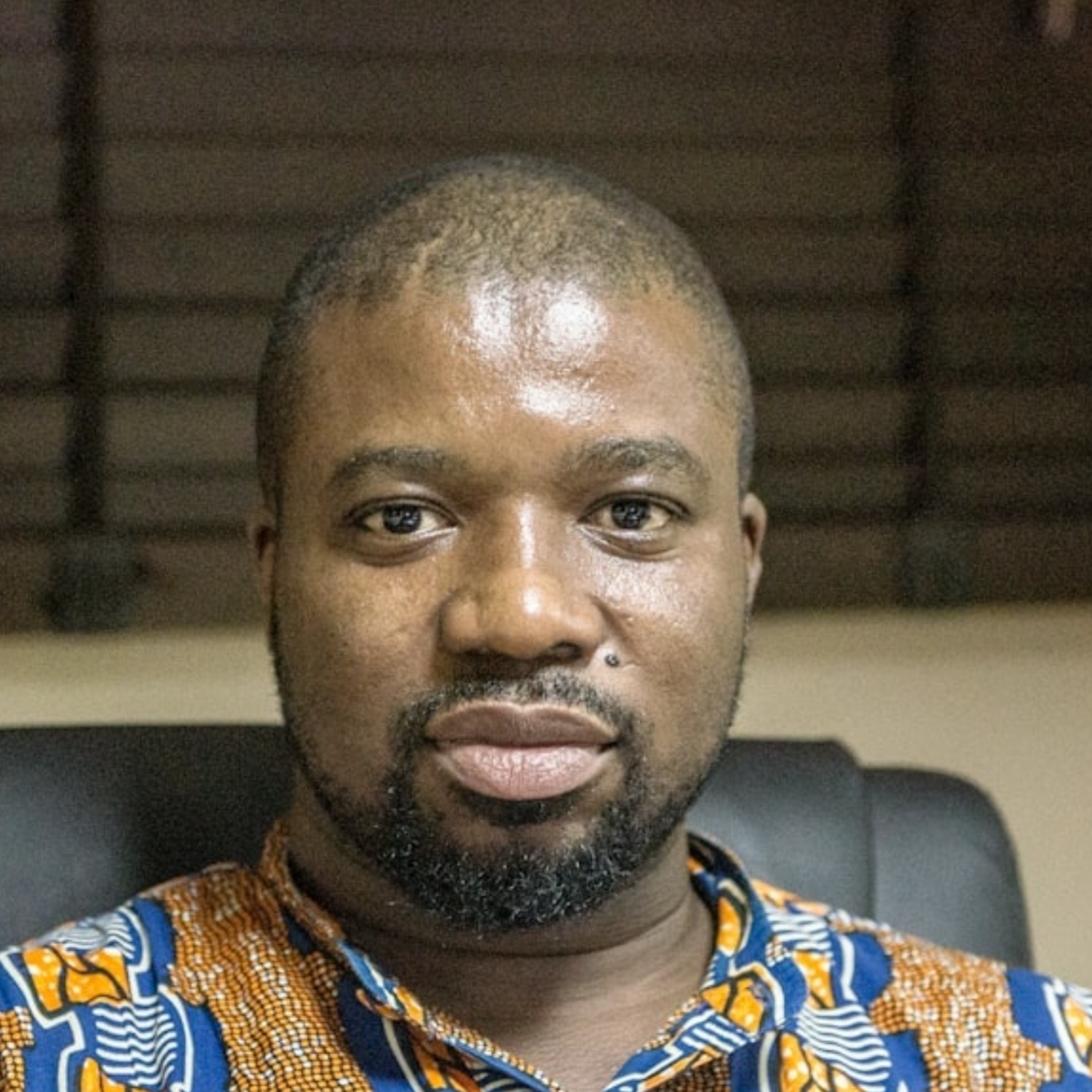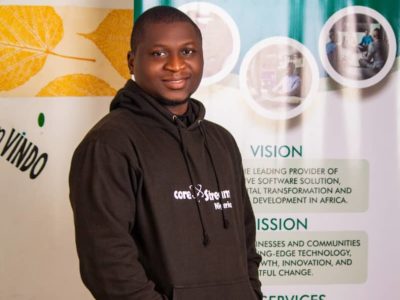Technologist, serial entrepreneur and investor, Eric Osiakwan is one of Africa’s sturdiest voices on investment and tech-entrepreneurship. The Managing Partner of Chanzo Capital believes Africa will record more investments and more unicorns in 2022. Osiakwan has worked in 32 African countries setting up ISPs, ISPAs, IXPs and high-tech startups. He Co-Founded Angel Africa List, Angel Fair Africa and currently serves on the board of Farmerline, Hubtel, Forhey, Teranga Solutions, Hotel Online, Wala, Amp.it, SameLogic, Wanjo Foods, Airshop, Rapid Expense, NestSquare , Data Integrated, Ghana Cyber City and WABco – some of which are his investments. He was part of the team that built the TEAMS submarine cable in East Africa and an ICT Consultant for the WorldBank, Soros Foundations, UNDP, USAID, USDoJ, USDoS as well as African governments and private firms. He authored “The KINGS of Africa’s Digital Economy”, co-authored the “Open Access Model”, adopted globally by the telecommunications industry, “Negotiating the Net” – the politics of Internet Diffusion in Africa and “The Internet in Ghana” with the Mosaic Group. Eric is a TED, Stanford, MIT and Harvard fellow. He interacted with IT Edge News, Joy Amaka Onweani.
“[Startup investments] would double”– Osiakwan
- The African startup ecosystem showed a lot of promises last year in terms of investments and growth? Are we seeing more Unicorns this year?
Absolutely and also more investments – my suspicion is that we would double last years’.
- You are an investor in several startups across Africa. What are the challenges of investing in startups in Nigeria and the rest of Africa?
The biggest challenge is finding the team to execute on the many amazing ideas floating around – company building is a team spot and so without qualified staff it is hard to achieve success. Our educational institutions need to triple their efforts.
- How has covid-19 impacted on the Investment climate generally in Africa: and specifically as regards startups within the KINGS?
COVID has had a positive unintended consequence in the KINGS and Africa in general which I detailed in latest blog post @ blogs.Harvard.edu/Eric. Whilst Covid19 has brought unimaginable devastation to the world and stoked racial revolt in America, which is now spilling over to Europe, in Africa, our fast adaptation to the new normal spared us not only mass casualties and pain, but the lockdowns triggered an unintended consequence of speeding up the digital economy. This resulted in investments in the second quarter like our portfolio company Zulzi closing $2.5M and AMP Global Technologies closing a $2M prior to COVID19 setting the stage for our Africa original content format and series launching this quarter @ www.takebackthemic.com. Then on 24th June 2020, Ingressive Capital closed their maiden $10M seed fund to invest in tech companies across Africa. On the same day, the Africa Venture Capital and Private Equity Association (AVCA) published their VC in Africa report for 2014 to 2019 showing a total of 613 deals totaling $3.9B with 2019 recording $1.4B of those transactions. Majority of those deals happened in South Africa, Kenya, Nigeria, Ghana and Egypt. South Africa, Kenya, Nigeria and Ghana are four of the KINGS countries (excluding Ivory Coast) that I had postulated back in 2013 would be leading the digital economy in Africa. Ivory Coast was replaced on the list by Egypt partly because of the civil war of 2011 that ousted incumbent president Gbagbo and set back the country’s development tremendously.
- Last December, you were at the investors’ dinner in Lagos. What was the event designed to achieve?
We at Chanzo Capital believe strongly that bringing people together can lead to many amazing outcomes and more so bringing the fraternity together to break bread creates intimacy that breeds exchanges and a healthy community.
- What is your projection for 2022 as an investor?
It is the year that Web3 would come out of the closet into the mainstream in Africa and on the global stage
- What will you advise Nigerian and other African governments on how they can better improve the startup ecosystem?
By getting out of the way, for example allow blockchain and crypto whiles observing it’s growth paradigm and then create the appropriate regulatory environment together with the industry.
































